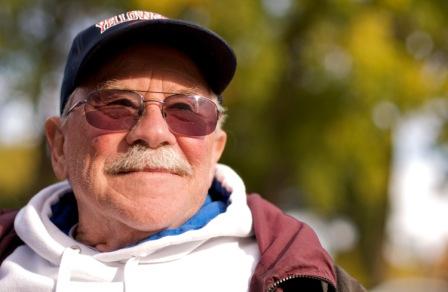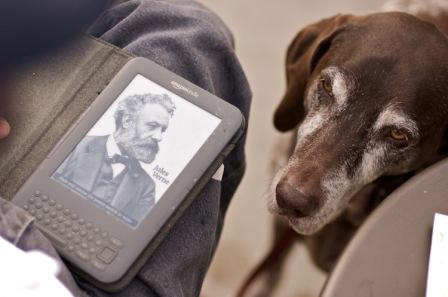
Mike Katz was flying high, pursuing his passion for aviation as a private pilot.
Then a routine FAA physical in the spring of 1989 revealed that Katz had Type 2 diabetes. He was hardly alone. It’s estimated that more than 25 million people in the United States have Type 2 diabetes, a condition associated with an inactive lifestyle, weight gain, family history and age.
Katz, a retired Air Force veteran who taught school in Kittitas, didn’t waste any time addressing his issue. The diagnosis, which not only threatened how long he might be able to continue flying but also threatened his overall health, was no stranger. Both his father and an uncle had diabetes.
“My father got an infection in a toe (a complication of his diabetes) and wound up without a leg just below the knee,” Katz says. “They made him an artificial leg but he never wore it. The last seven years of his life he was pretty much in a wheelchair.”
That vivid reminder of what diabetes can do if blood sugar isn’t well controlled isn’t lost on Katz. “I don’t want to lose my legs,” he says. “I had that example.”
Intent on writing a different outcome for his own life and determined to continue flying as long as possible, Katz embarked on an effort to develop a healthier lifestyle. With the support of his wife Wendy and the help of a Registered Dietitian, he improved his diet and lost weight. He added regular exercise into his routine. Two knee replacements have helped him stay active.
He took up cycling and although he doesn’t consider himself a serious cyclist, he’s participated in a number of road rides including one in October sponsored by the American Diabetes Association. More than two decades after his diagnosis, he takes near-daily walks around the Central Washington University campus in the company of Whidbey, his German shorthaired pointer.
“For about five years I controlled my diabetes with diet,” Katz says. “Then I had to start taking oral medication. I really fought off (insulin) injections. I just didn’t want to do that. Finally one day my doctor said, ‘Diabetes can’t be cured. But it can be controlled.’ So now I do an injection every night at bedtime (in addition to taking oral medication).”
Regular check-ups, a healthy diet and exercise have helped Katz thrive even while living with diabetes. So, too, has participation in a diabetes education and support group offered by Kittitas Valley Healthcare. The group provides free monthly meetings that offer the latest information on diabetes self-care and nutrition as well as a chance to talk with others who share the same condition. “I don’t go every month. I probably go to half of them,” he says. “They talk about diet, about medication, about keeping things under control – what’s good, what’s bad.”
It’s a good way to stay informed, says Katz who refuses to let diabetes ordain a life without some simple – albeit managed – pleasures. “You can take all the joy out of life,” he says, enjoying a muffin outside Starbucks with Whidbey at his side. “I don’t want to do that. If I feel like having a muffin, I have a muffin.

“I think people should get informed and stay informed, do what their doctor tells them and get into some kind of rhythm. I think controlling weight and exercise is important. I don’t think I exercise as much as I should and I could stand to lose a little weight, but I’m managing.”
Managing, indeed.
Katz, who turns 78 this month, is still flying – and still sharing his love of flying as a volunteer pilot with the Young Eagles, a program of the Experimental Aircraft Association begun in 1992 that gives youth from 8 to 17 a chance to take a free flight in a private airplane. “I’ve taken 181 kids up,” Katz, who recently participated in this year’s event, says proudly. With no plans to hang up his license any time soon, Katz hopes to keep on introducing young people to the joy of flying.
“It’s something not everyone does,” he says. “You get into a small plane and get off the ground. It’s something different – and the aviation community is very tight-knit.”